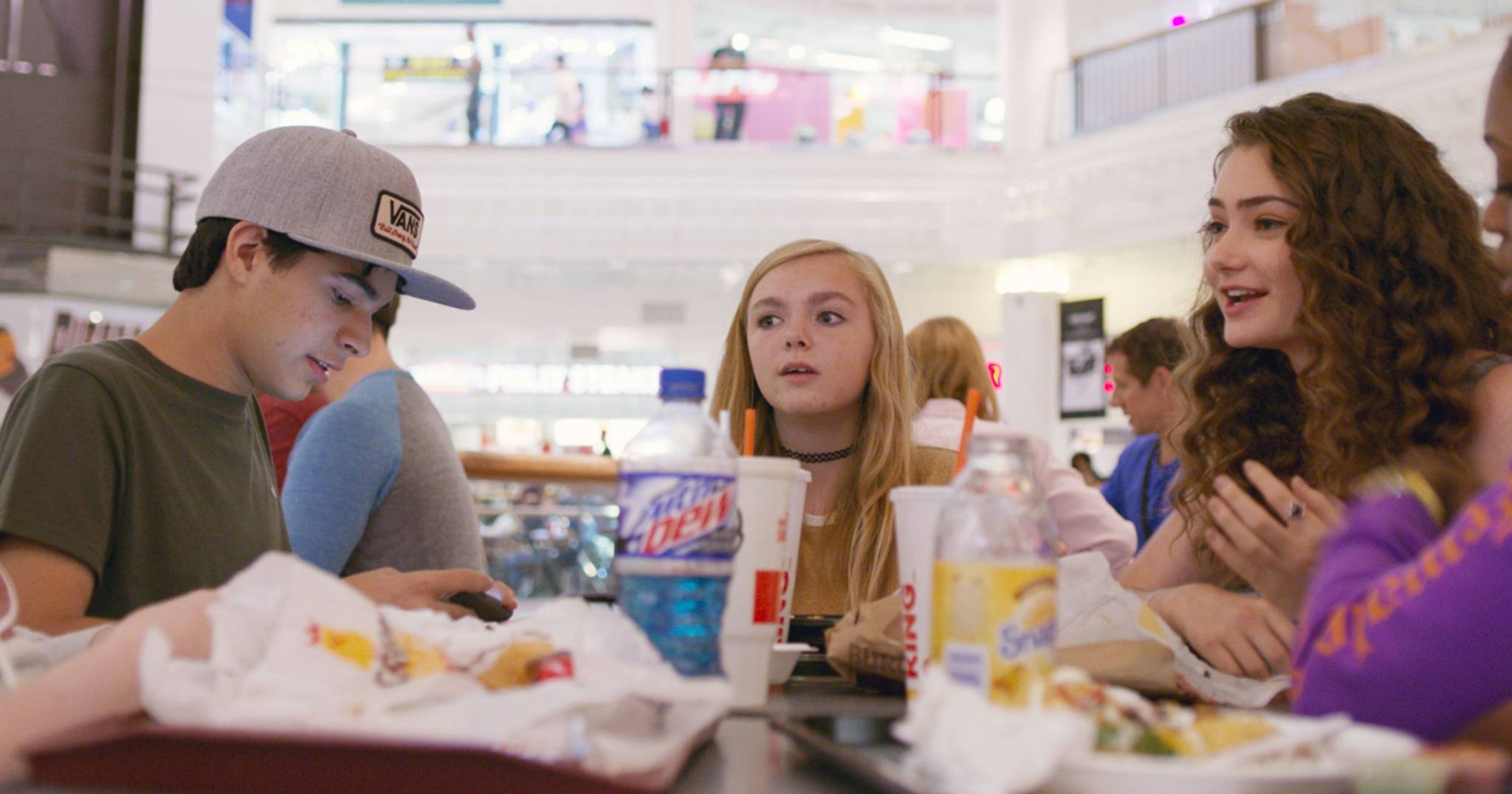
TV drama Riverdale has cleaned up at the Teen Choice Awards, winning awards in every category for which it was nominated. By recognizing the strain seemingly trivial experiences of everyday life can have on teenagers, Riverdale gives Gen Zers a relatable emotional outlet. We explore the science behind what draws teens to trivial drama.
Unlike critic-based accolades, the Teen Choice Awards are chosen by teens themselves, offering an unskewed window into the preferences of young viewers. And among teens, Riverdale has come up as an unchallenged favorite – after winning all seven awards for which it was nominated in 2017, Riverdale followed up with ten awards at the 2018 Teen Choice Awards, including 'choice drama TV show', 'choice drama TV actor', and 'choice drama TV actress'.
It's no secret that people are drawn to entertainment that's relatable – it’s why shows like Eighth Grade are making a name for themselves through more realistic portrayals of the teenage struggles. But while Eighth Grade found its niche in depicting the high school experience’s failure to live up to drama, Riverdale’s is relatable to teens precisely because it highlights how dramatically trivial issues affect them, using mundane moments to trigger everything from plot-twisting reveals to supernatural occurences.
“When you’re a teen, you feel like all these stupid little things are so important even when they’re dumb, like someone not texting you back,” says science writer Katherine Foley. “On Riverdale, all these super dramatic plot points embody the sense of that importance.” Dramatic reactions are par for the course for teens – it’s why in a year, the average teen sulks 71 times and says they hate their parents 27 times. Yet it's a side of Gen Z in particular that often goes under-documented, given their reputation for taking on the bigger issues from sustainability to politics. Shows like Riverdale mark a welcome opportunity for a generation of social justice warriors to indulge in more personal drama.
Katy Young is a behavioural analyst at Canvas8, which specialises in behavioural insights and consumer research. She has a degree in American Studies and Film, and a Master’s in Journalism. Her interests include wild swimming, thinking of podcast ideas, and singing in an all-female choir.



